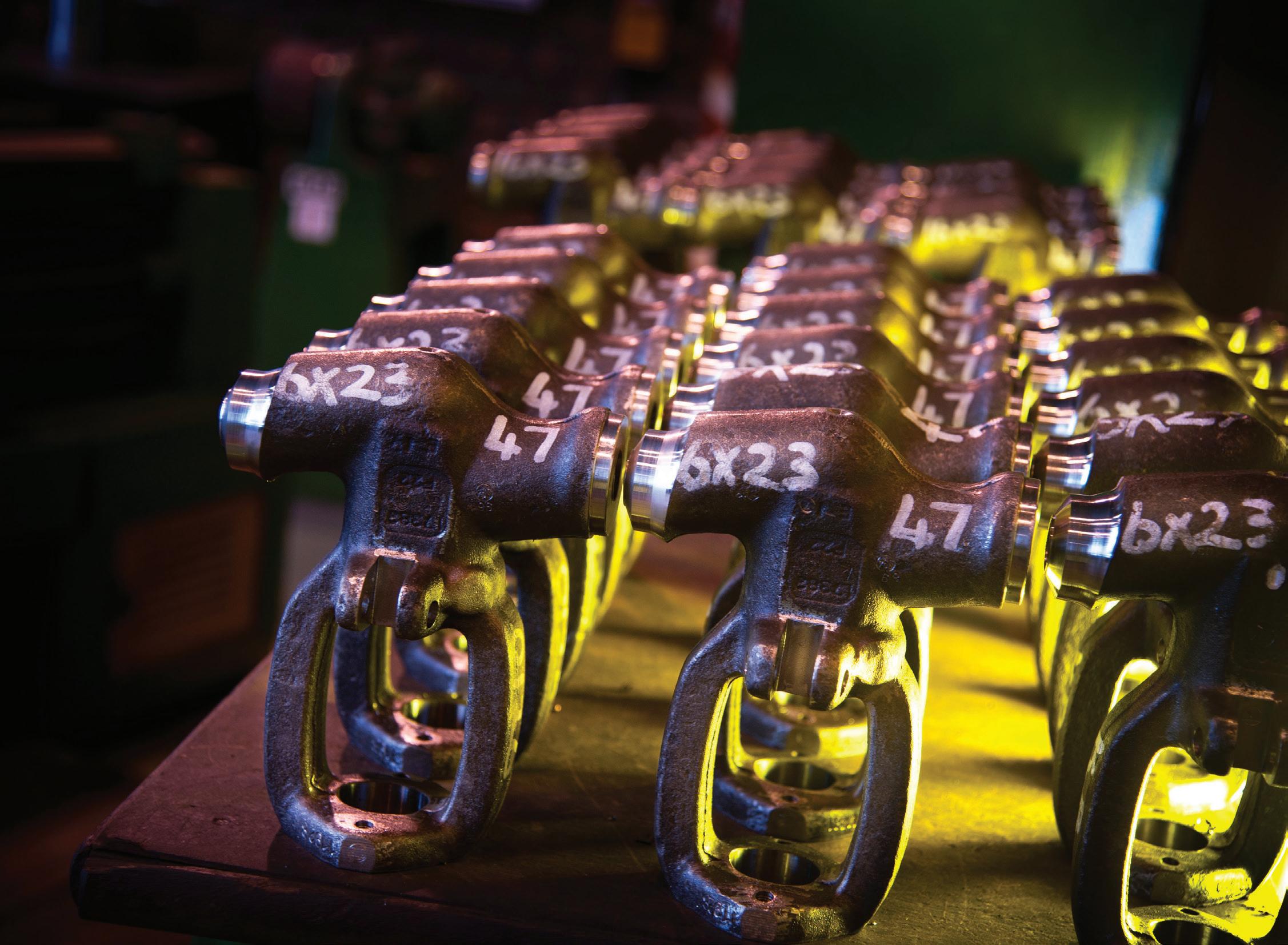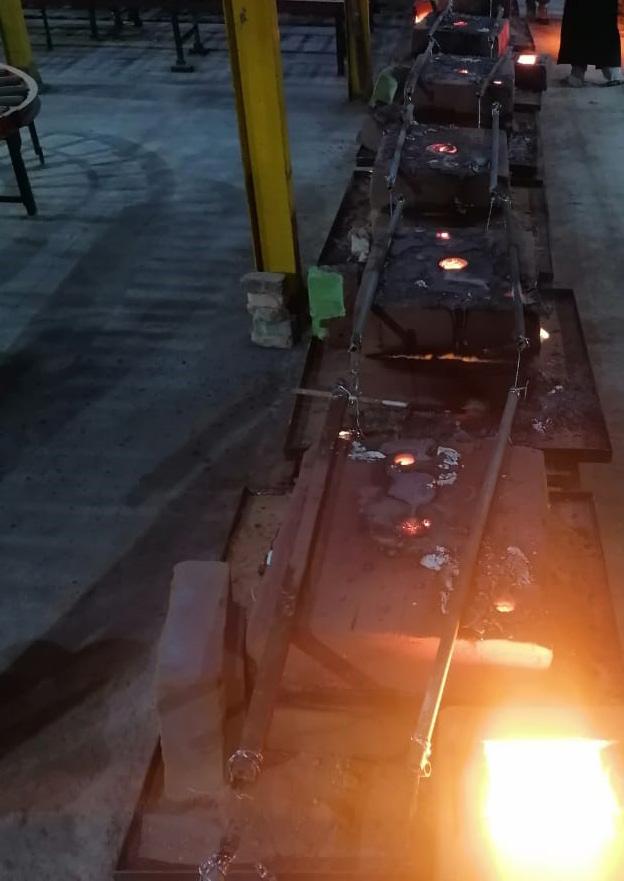Does Legionella affect us in our daily lives?
VALVES
Legionnaires’ disease is recognised worldwide as an important cause of both community- and hospital-acquired pneumonia. It is caused by Gram-negative bacilli of the Legionella genus. The mortality rate in infected individuals ranges between 10 – 20%. It was named after a large outbreak in 1976 that occurred at a meeting of the American Legion, which affected 221 people, causing 34 deaths. Legionella bacteria are common and can be found naturally in environmental water sources, including rivers, lakes, natural pools, and moist soil. Water temperatures in the range of 20°C to 50°C favour the growth of the organism. Legionella pneumonia serogroup 1 is the most important species of Legionella that causes disease in humans, although other species can occasionally cause disease. Legionella spp. may also cause Pontiac fever, a mild, self-limiting flu-like illness. Who can get Legionnaires’ disease? All persons can develop Legionnaire’s disease. However, the risk is higher in persons over the age of 50 years. Male gender, persons with immunodeficiency syndromes or chronic underlying medical conditions of the lung, heart or liver and smokers are also at increased risk. Where does Legionnaires’ disease occur in South Africa? Legionnaires’ disease Legionnaire’s disease may manifest as sporadic cases, small clusters, or outbreaks of disease that can involve hundreds of cases. It is also an important cause of travel-related illness, and may be acquired on cruise ships, in hotels and resorts. In South Africa, both sporadic cases and outbreaks of Legionnaires’ disease have been described. Serological testing identified that approximately 8% of community-acquired pneumonia
are caused by Legionella species. Prospective surveillance identified 21/1805 (1.2%) cases of legionellosis amongst persons with severe respiratory illness However, due to difficulties in diagnosis and lack of awareness of the disease, very few cases are diagnosed in SA at present. It is very likely that sporadic cases, clusters and even outbreaks occur and are missed. How is Legionnaire’s disease transmitted? Persons become infected by breathing in water droplets containing the Legionella bacteria. Water droplets are generated by spraying or bubbling air through water in which the bacteria are present. Human-to-human transmission of Legionella has never been documented. The incubation period for Legionnaires’ disease is 2 – 10 days. Wherever water droplets can be created there is a risk of infection, including: • Hot and cold-water systems (e.g., showers and taps) • Cooling towers and evaporative condensers of air conditioners • Spa baths (Jacuzzis) and whirlpool baths and natural pools or thermal springs • Turkish baths and saunas • Ornamental fountains (particularly indoors) and sprinklers • Humidified food display cabinets • Respiratory therapy equipment How can Legionnaires’ disease be prevented? The proper design, maintenance and temperature of potable water systems are the most important method for preventing the amplification of Legionella. Hot water should be maintained above 60˚C and delivered to taps at temperatures above 50˚C. Coldwater should be maintained below 20˚C. Plumbing systems should be flushed regularly, and low flow areas eliminated. There are currently no vaccines to prevent Legionnaire’s disease. As can be seen from the above information we are all at risk. Especially when summer is coming, and restaurants are once again starting to use those misting systems that have been lying dormant and sitting in the sun giving it plenty of time to breed those lovely and willing Legionella bacteria. Most sports/gym facilities also use circulating blended hot water kept at a constant 38-42℃. This temperature range is a good safe temperature to prevent scolding of any user but, it is also the ideal breeding temperature for any Legionella spores present in the circulatory system. Any instance that uses a circulatory blended water supply should do regular maintenance. This would include decommissioning the system and raising the temperature
36
Pipes, Pumps and Valves Africa - Jul/Aug 2021



















